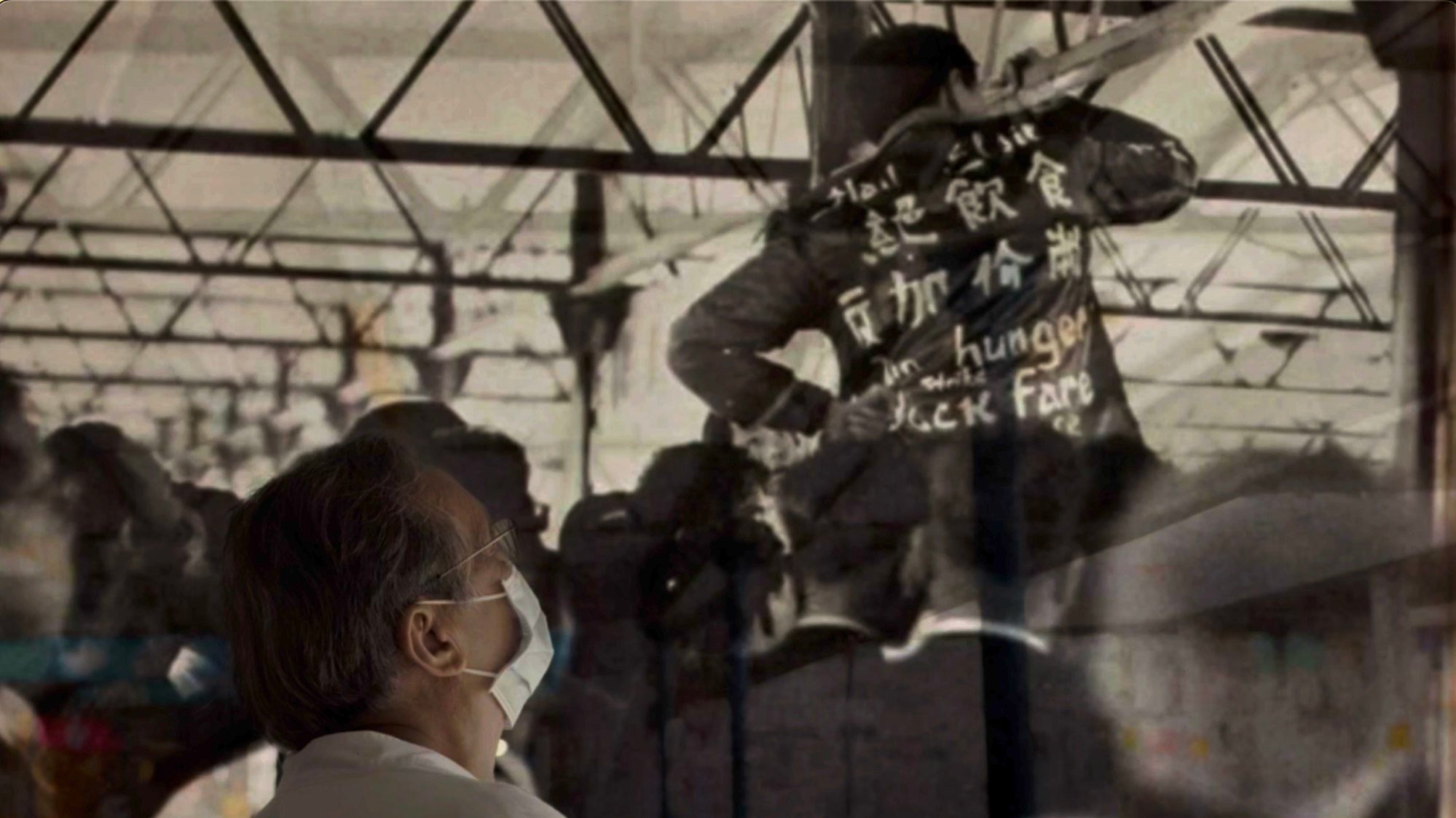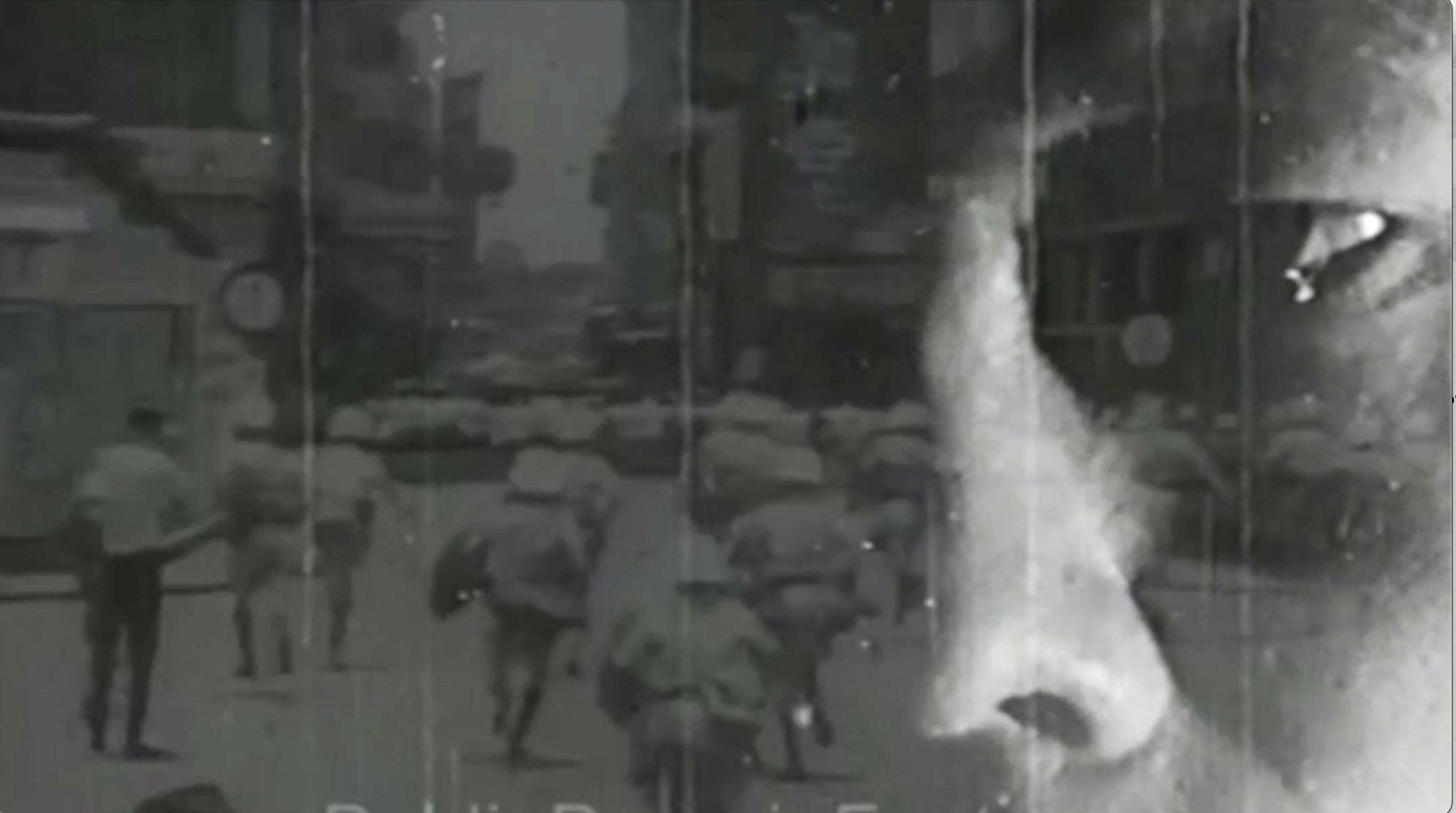3/5 stars
The life and work of one of Hong Kong’s most respected film critics, programmers and historians is vividly recalled in Cinema Strada, a self-indulgent but nonetheless fascinating look at the city’s volatile political climate, as well as the evolution of cinema in general, mainly between the 1950s and 8os.
Presented by Law Kar himself, who is credited as a co-writer alongside director and editor Donna Ong, the documentary film is less a clear-eyed portrait of its subject than a sentimental memoir that is meticulously supplemented with an astonishing amount of archival film footage and old newsreels and photographs.
Born Lau Yiu-kuen in Macau in 1940, Law pursued a long and winding road to become a titan of Hong Kong’s cultural scene, his eventful career culminating in the presentation to him of a Professional Achievement Award at the 2023 Hong Kong Film Awards.
In an effort to align this very personal project with the times, Cinema Strada opens with a politically minded section that looks back at Law’s early career as the chief editor of an influential Chinese-language publication and his brushes with social activism in the late 60s and early 70s.
That his musings on the role of art in a Hong Kong torn between radical leftist unrest and oppressive colonial rule include a minute-long discussion of Michelangelo Antonioni’s 1966 film Blow-Up is a testament both to Law’s cinematic passion and this documentary’s readiness to embrace the cineaste’s tendency to see reality through art.

Indeed, scenes from classic Hong Kong films such as In the Face of Demolition (1953) and Our Sister Hedy (1957) are spliced into the proceedings to serve as visual analogies to his everyday life as an adolescent getting used to his adoptive city.

Law’s decision to serve as the only voice throughout this 106-minute film – he provides the voiceover narration as if he is delivering an epic, stream-of-consciousness monologue – may strike some viewers as being mildly egocentric.
For a film that is so heavily steeped in politics, Cinema Strada is also lacking in insight. Still, as an impeccably illustrated look at old Hong Kong and its cinema through the eyes of one particular, culturally curious man, it more than fulfils its brief.



:quality(85):upscale()/2024/05/08/157/n/3019466/be4fc4e6663c3926c422d9.58616432_.jpg)



